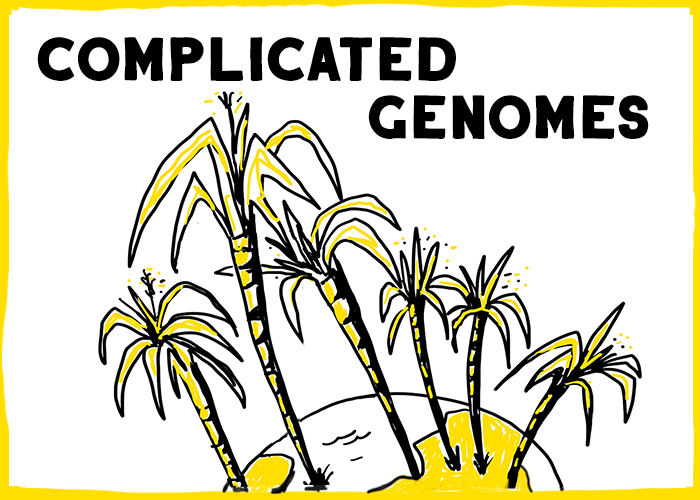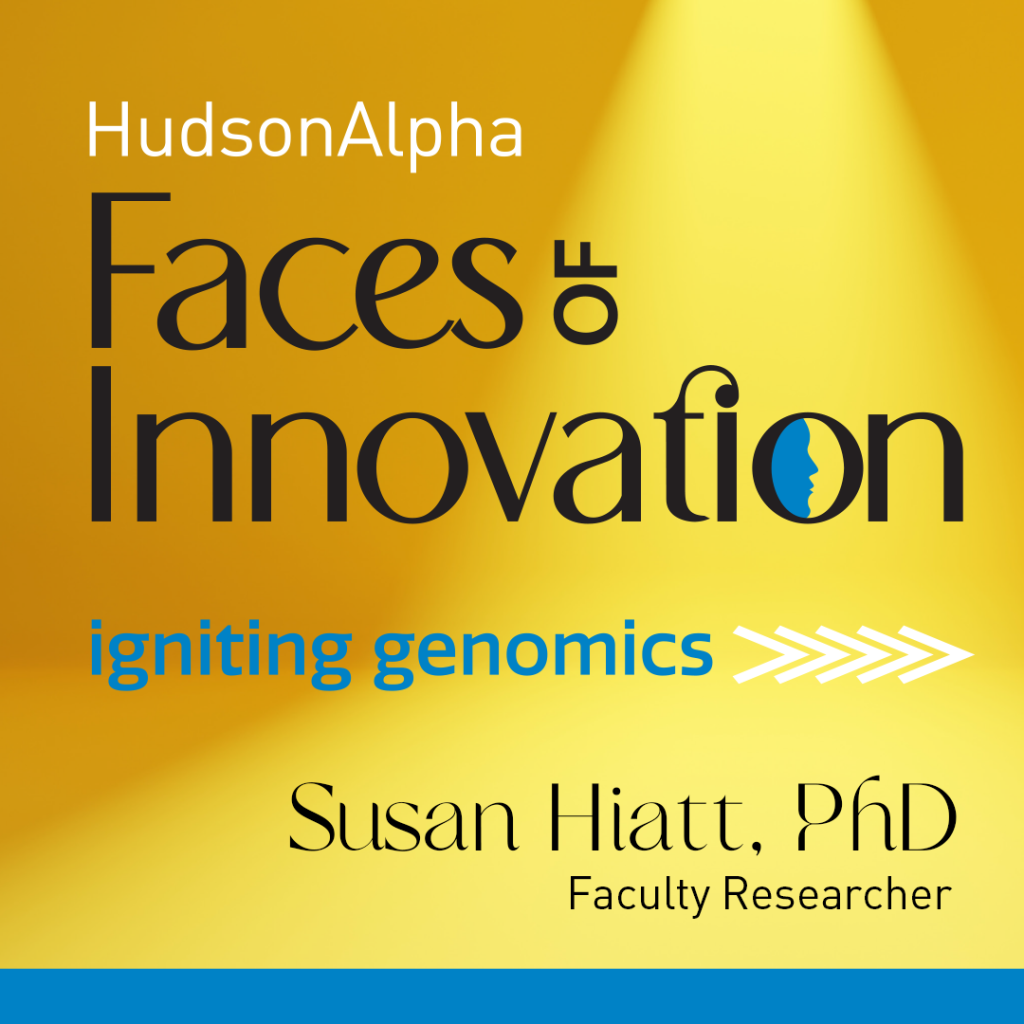HUNTSVILLE, Ala. — Advancing work toward sustainable crops and sustainable fuels is among potential outcomes from a project undertaken by the International Peach Genome Initiative. The initiative, including researchers at the HudsonAlpha Institute for Biotechnology and the Department of Energy Joint Genome Institute, has completed the draft genome of peach, Prunus persica, and published findings in the March 24 edition of Nature Genetics.
“The peach genome project was undertaken primarily to provide a reference genome sequence to assist peach crop improvement,” said Jeremy Schmutz, faculty investigator at the HudsonAlpha Institute for Biotechnology and head of the plant program at DOE JGI. Understanding the diversity of fruit types and disease resistance are two major categories of interest in crop improvement.
Additionally, peach is a very compact genome and provides a high quality reference for a tree. “This means that it will be very helpful to compare the genes and pathways of the peach to our woody tree crops of poplar and eucalyptus to assist in understanding and modifying wood formation for biofuel feedstocks,” said Schmutz. He added that the DNA sequences of peach and poplar show the close relationship shared by the two trees.
According to a release by DOE JGI, rapidly growing trees like poplars and willows are candidate biofuel crops from which it is expected that cellulosic ethanol and higher energy content fuels can be efficiently extracted. Domesticating these as crops requires a deep understanding of the physiology and genetics of trees. Scientists may gain insight from long-domesticated fruit trees.
The team compared 141 peach gene families to those of six other fully sequenced diverse plant species to identify unique metabolic pathways, such as those that lead to lignin biosynthesis—the molecular “glue” that holds the plant cells together—and a key barrier to deconstructing biomass into fuels.
In the United States, the initiative was funded by the Department of Energy Office of Science and led by researchers at the DOE JGI, the HudsonAlpha Institute for Biotechnology, Clemson University, North Carolina State University and Washington State University. The U.S. Department of Agriculture and the Energy Biosciences Institute of the University of California, Berkeley also provided support for senior author Therese Mitros. The Italian government supported this effort, including the work of first author Ignazio Verde of the Fruit Tree Research Centre/Agricultural Research Council in Rome, Italy. Contributions were also made from research institutes in Chile, Spain, and France.
According to the Food and Agriculture Organization of the United Nations, the world’s top peach producers include China, Italy, Spain and the U.S.
Media Contact: Beth Pugh
bpugh@hudsonalpha.org
256-327-0443
About HudsonAlpha: HudsonAlpha Institute for Biotechnology is a nonprofit institute dedicated to innovating in the field of genomic technology and sciences across a spectrum of biological problems. Its mission is three-fold: sparking scientific discoveries that can impact human health and well-being; fostering biotech entrepreneurship; and encouraging the creation of a genomics-literate workforce and society. The HudsonAlpha biotechnology campus consists of 152 acres nestled within Cummings Research Park, the nation’s second largest research park. Designed to be a hothouse of biotech economic development, HudsonAlpha’s state-of-the-art facilities co-locate scientific researchers with entrepreneurs and educators. The relationships formed on the HudsonAlpha campus allow serendipity to yield results in medicine and agriculture. Since opening in 2008, HudsonAlpha, under the leadership of Dr. Richard M. Myers, a key collaborator on the Human Genome Project, has built a name for itself in genetics and genomics research and biotech education, and boasts 26 biotech companies on campus.


